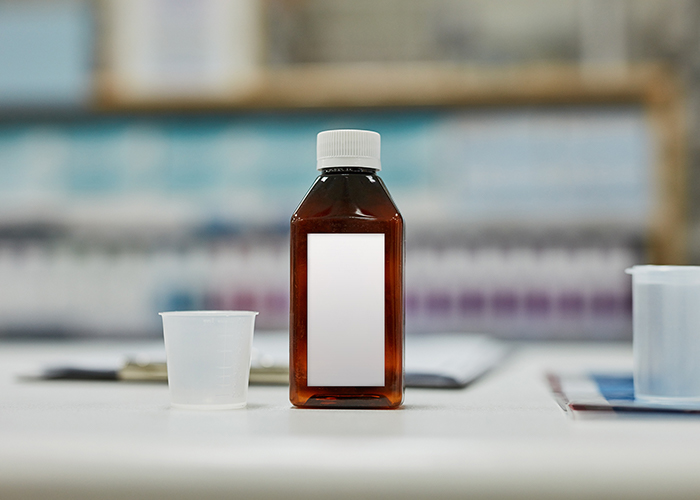
Cough medicines are still commonly used by many. Expectorants such as ipecacuanha, guaifenesin and squill are intended to help cough up secretions, and demulcents such as glycerol, honey or syrup to soothe the cough. Some contain ingredients intended as cough suppressants such as codeine, dextromethorphan and pholcodine.
A Cochrane review in 2014 showed no good evidence for or against any of these. NICE cough guidance in 2019 supported the use of honey (in those aged one year and over), pelargonium, guaifenesin (in those aged 12 years and over) and cough suppressants, excluding codeine (which should not be used in the under-18s in any case).
The MHRA advises that OTC cough and cold products containing cough suppressants or expectorants, antihistamines or decongestants should not be used at all in children under six years of age. They may only be considered for children aged six to 12 years if other measures have been tried and not had the desired effect, but treatment should be minimised and not exceed five days.
Many cough and cold preparations contain more than one ingredient and it is worth drawing attention to the active components to highlight the risk of duplication and accidental overdose. It is also sensible to reinforce the correct dosing and the risk of adverse effects if overused.
